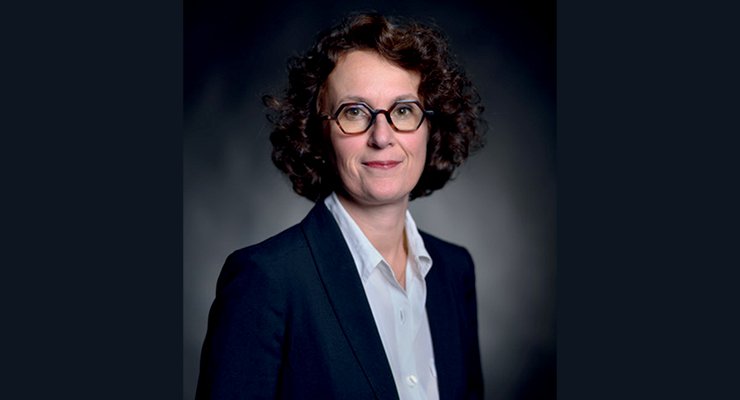EPOG+ Erasmus Mundus Joint Master Degree
The EPOG+ (Economic POlicies for the Global transition) Erasmus Mundus Joint Master Degree (EMJMD) is one of the only 4 Master’s programme in economics in Europe with this label of excellence. It offers scholarships for both European and non-European students.
The students (30−40 per intake) benefit from an integrated network between 8 prestigious partner universities in 5 countries (offering excellent, recognised and well established Master's courses), 8 non-academic associated partners – major international organisations and global actors (for internships / expertise) and more than 20 academic institutions worldwide on all the programme fields (hosting / supervising students for their last semester).
Context and objectives
A consistent rethinking of economic policies and well-integrated economic expertise is required to overcome the main upcoming challenges, in particular the looming ecological crisis, the persistent financial fragilities and the growing income and wealth inequalities and the transformation related to the digital era. The EPOG+ Erasmus Mundus Joint Master Degree gives birth to a new generation of international experts for public and private sectors, able to define and assess economic policies for that global (digital, socioeconomic and ecological) transition, and to evolve within different political, social and regional contexts. In addition to an expertise obtained in a specific field of economic policy (as done in traditional Masters), the students get a global perspective on interdependencies and interactions between economic policies.
Organisation
The 2‑year programme provides complementary and interdisciplinary expertise in economic policy:
- In the first year, students focus on "Knowledge and innovation policies and digital transition" (Major A) or on "Innovation and development" (Minor C1) at the University of Turin; on "International economics and governance" (Minor B1) or on "International macroeconomics and development" (Minor C2) at the Berlin school of Economics and Law; on "Socioeconomic and ecological economics" (Minor B2) at University Roma Tre; on "Sustainable development and ecological transition" (Minor C3) at Vienna University of Economics and Business. Students with Minors C1 & C2 spend Semester 1 in Europe (Berlin or Turin) and Semester 2 in South Africa (University of Witwatersrand);
- All students spend the Semester 3 in Paris (UTC, Sorbonne University, Université de Paris) to improve their knowledge in relation to the chosen Minor and develop a common culture in economic policies interdependencies;
- In Semester 4, students write the Master's thesis (by completing a professional internship or working in a research lab). The cursus ends with a "Master's conference".
The one-year programme (M2) corresponds to Semesters 3 and 4 of the two-year programme.
The main instruction languages are English (and French for some courses). Only English is possible. Students receive a multiple or joint degree from the institution(s) on their pathway.
To be enrolled, candidates should possess a Bachelor's or equivalent degree in economics or any other Bachelor's (provided sufficient background in economics / statistics). A good level of English is required and a clear motivation for the field.



